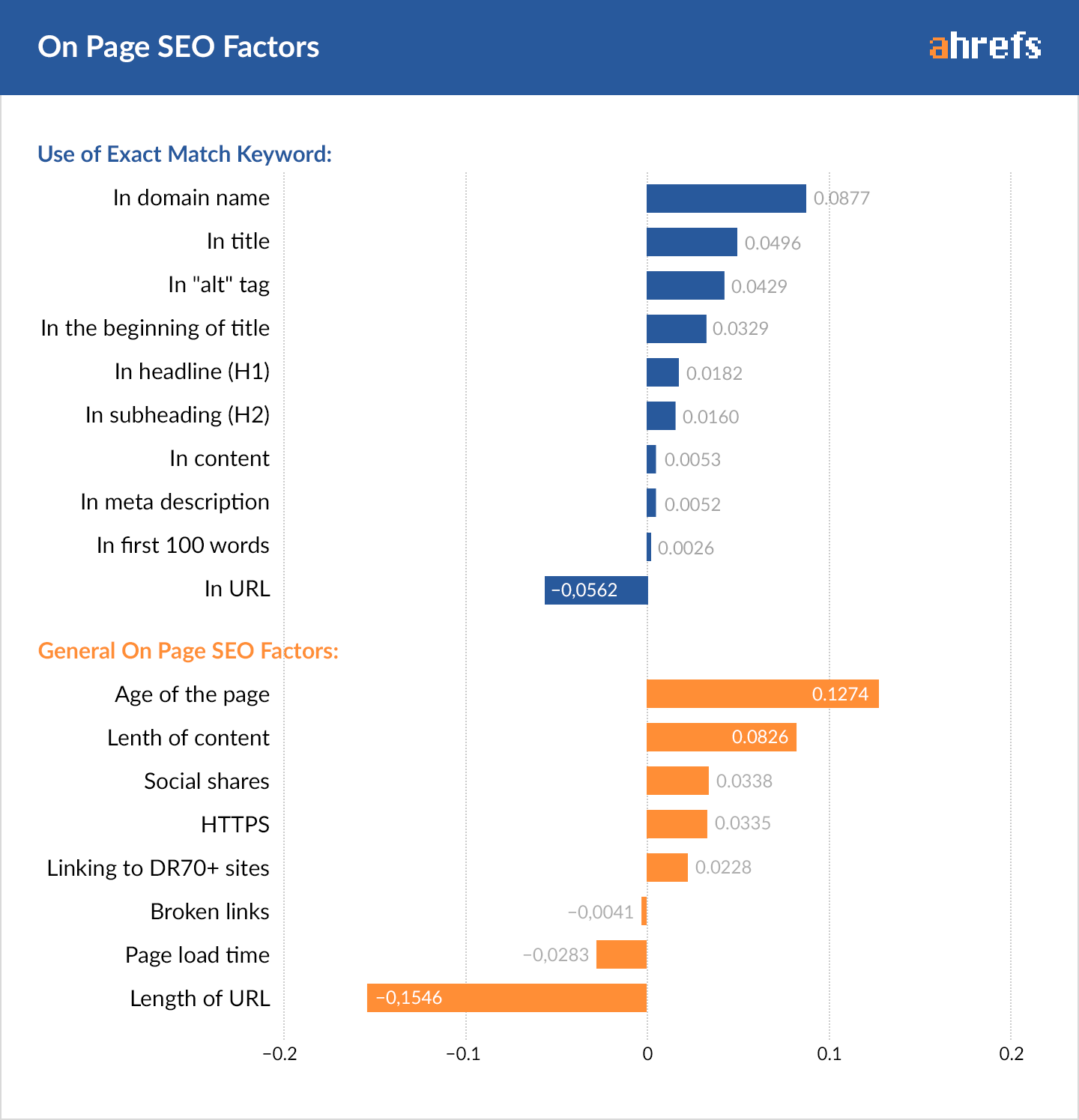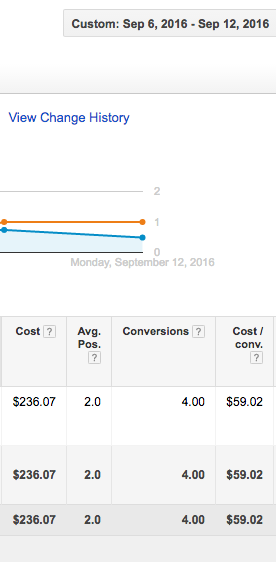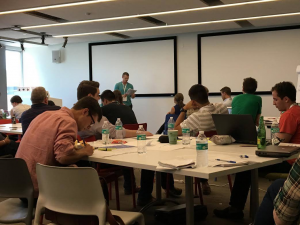AdWords is an extremely powerful marketing tool but can be confusing to even the most knowledgeable advertising experts. There seem to be endless settings, strategies and opinions on how best to set up, run, and manage campaigns. While we happily admit that we are constantly learning, we’ve found a few tricks that have undeniably helped a majority (if not all) our clients’ accounts.
Enable Ad Extensions
The easiest and arguably most effective upgrade to any campaign is to enable Ad Extensions. These little add-ons are a great way to claim more SERP space and generate more clicks. Right below your original text and link, you can extend your ad with valuable information for users to interact with. Our favorite Ad Extensions are:
- Call Extensions – Users can click to call your law firm
- Message Extensions – Users can click to text your law firm
- Location Extensions – Users can click to get directions to your law firm, and this extension makes your ad eligible to be included directly in Google Maps.
- Callout Extensions – Draws attention to your most valuable features (Free Consults, Open 24/7, etc.)
- Sitelinks Extensions – Adds more links to your ad, allowing users to navigate to content they care about
Use Accelerated Delivery
AdWords’ description of Standard Delivery is a bit misleading: “Optimize delivery of ads, spending budget evenly over time (Recommended).” That small sentence is stuffed with a lot of nice sounding buzzwords. Optimize, spend evenly, recommended… However, a new client in the morning is just as valuable as a new client in the afternoon. Law firms are not restaurants. You do not need to save your advertising budget for the dinner rush. Use Accelerated Delivery to show as often as possible. If you want to make sure your ads show in the afternoon, don’t hold your budget back; increase your budget and get more clients!
Match Ad Schedules to Business Hours
While a click in the morning is just as valuable as a click in the afternoon, a click at night might not follow the same pattern. If you don’t have people answering the phone at night or on weekends, your conversion rates are going to be negatively affected. Clients are much more likely to move on to the next firm if they are greeted with an answering machine. Unless you are prepared to handle leads after hours, restrict your ad schedule to when you are actually able to answer the phone.
Upgrade to Expanded Text Ads
A few months ago, Google launched their new Expanded Text Ads (ETAs) which were a huge improvement over their old standard format. The new ETAs now include:
- Two headline fields (up to 30 characters each)
- A single, expanded description field (up to 80 characters)
- A display URL that uses your final URL’s domain
- Two optional “Path” fields, used in the ad’s display URL (up to 15 characters each)
Not only are these new ads much more effective, starting January 31, 2017, AdWords will no longer allow advertisers to create or edit standard text ads. If you haven’t upgraded already, now is the time.
Apply Bid Modifiers
Utilizing bid modifiers is a great way to gain a competitive advantage over other law firms. If you’re targeting a large area (50+ miles, multiple counties, statewide, etc.), a positive bid adjustment focused on a more precise 5 mile radius can be a beneficial. Additionally, people searching on mobile devices are usually more likely to place a phone call and convert into a client. A positive bid adjustment here will help make sure your ads get are delivered when these high value searches take place.
How To Implement
Most of these tips and tricks can be applied at the campaign level of your AdWords account. When in doubt, this is a great place to start when making high level changes. However, there may be times when diving into each Ad Group is a better decision (as with sitelinks). Make sure to stop and think about how each change will affect your AdWords campaigns before implementing.
Whether you’re optimizing old campaigns or starting fresh, these 5 AdWords Tips should help you get 2017 started on the right foot.
Happy Advertising!





